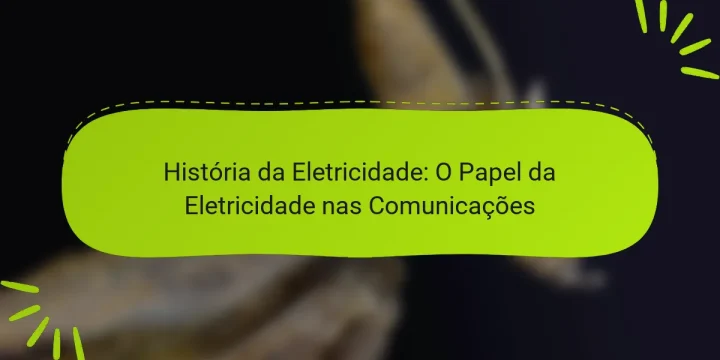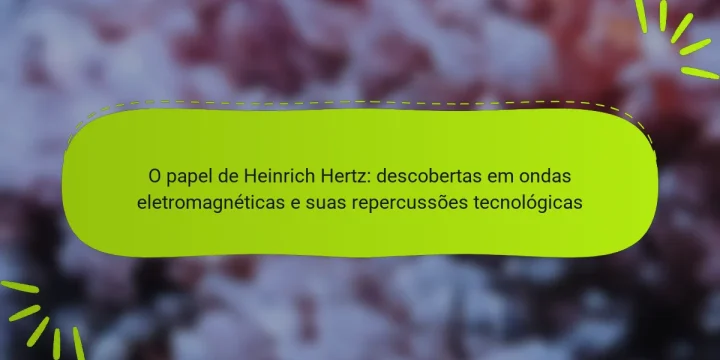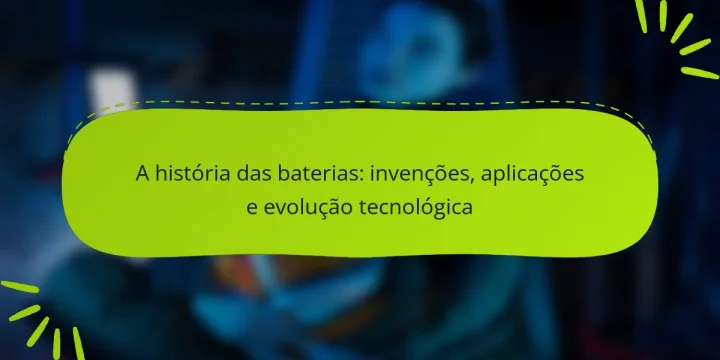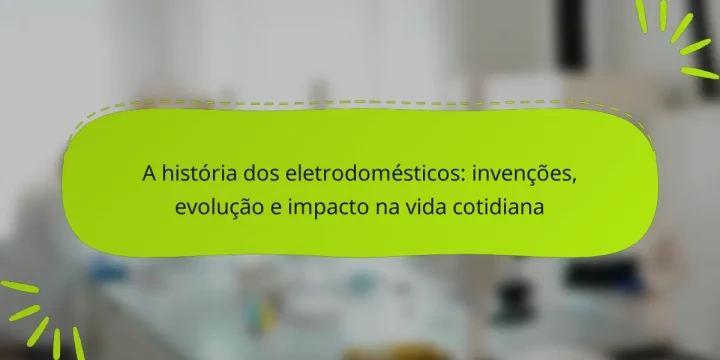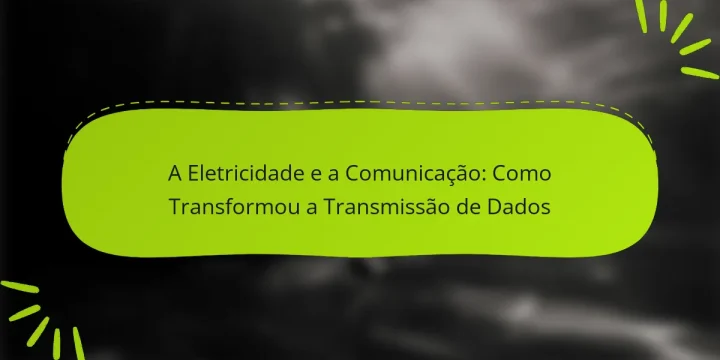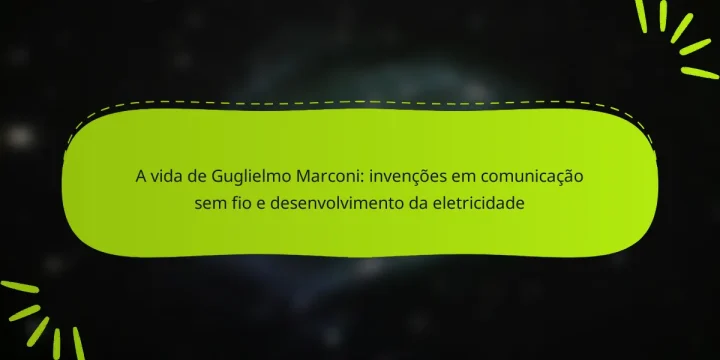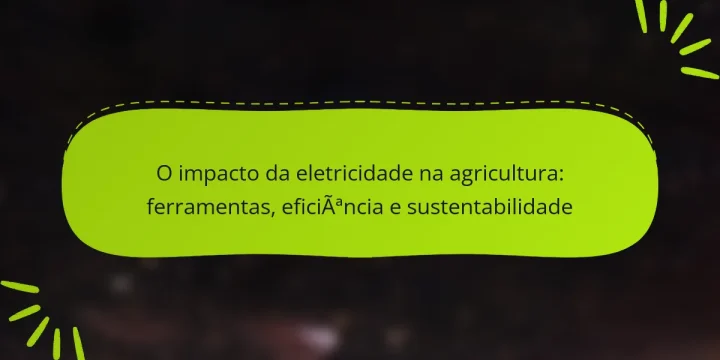
Electricity plays a crucial role in modern agriculture by enabling the use of advanced equipment such as automated irrigation systems and agricultural machinery. These innovations enhance production efficiency, allowing for more effective water usage and leading to improved crop yields while minimizing waste. Additionally, electricity supports the storage of agricultural products through refrigeration, which helps maintain food quality over time. It is estimated that electrification can boost agricultural productivity by up to 30%, underscoring its importance for the modernization and sustainability of the farming sector. Qual é o impacto da eletricidade na agricultura? A eletricidade tem um impacto significativo na agricultura. Ela possibilita o uso de equipamentos modernos, como irrigação automatizada e maquinário agrícola. Esses equipamentos aumentam a eficiência na produção. A irrigação elétrica permite um uso mais eficaz da…
